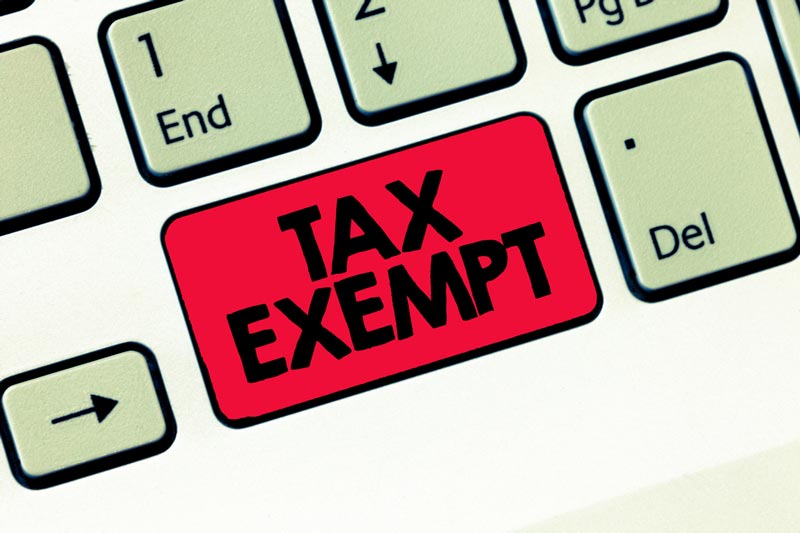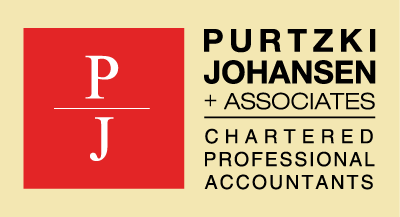
You cannot start too soon getting prepared for the eventual sale of your practice.
In fact you should make sure right now that you have the full entitlement of $883,000 of the capital gains exemption available. If you are expecting the sales price to exceed your limit, you need to multiply the exemption by adding family members as shareholders. Otherwise you can end up with a huge tax bill that you never anticipated.
This happened to one dentist who learned the lesson of what it means to run out of the exemption. When selling his practice, he found out that his capital gains exemption was only $400,000, which was about $450,000 short of the maximum. He forgot that he sold his previous practice 20 years ago and claimed the exemption. He also did not act on the accountant’s advice to add his spouse as a shareholder. So he ended up with a personal tax of about $200,000 on the $1.2 m sale, a tax he could have completely avoided with some advance planning.
While you cannot use the family trust any more for splitting income, it comes in handy when selling the practice. Every trust beneficiary is entitled to the full capital gains exemption.
To access this capital exemption, the shares must be Qualifying Small Business Shares meeting three conditions.
- At the time of sale, 90% of the fair market value of the corporate assets must be used in an active practice.
- During the 24 months prior to the sale of the shares, 50% of the fair market value of the corporation’s assets must have been used in an active business.
- You must have owned the shares 24 months prior to the sale.
The 90% test is the toughest to meet. It means that at the time of sale, your non-practice assets (i.e. investments) cannot exceed 10% of the total value of all company assets. If you find that you have excess investments, then you can employ some defensive strategies to remove these investment assets ahead of time without income tax consequences. In accounting lingo, this step is called “purification”.



